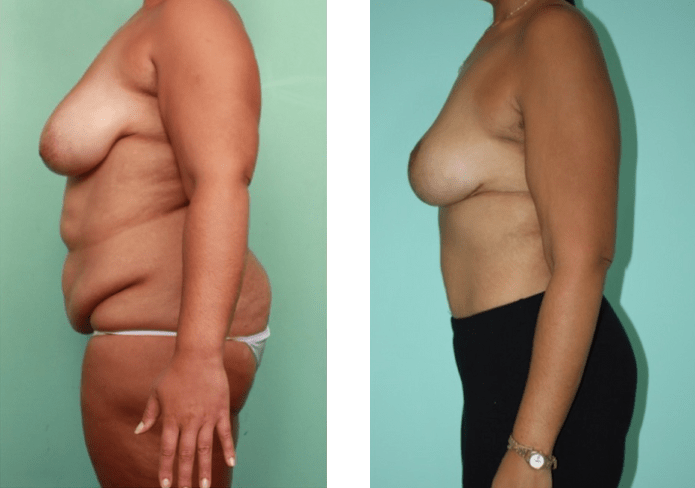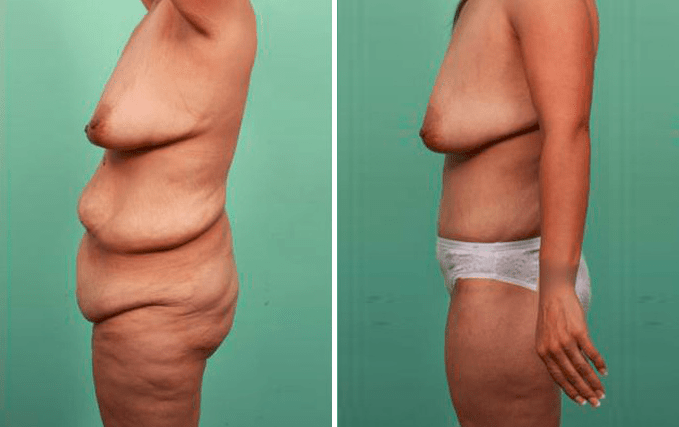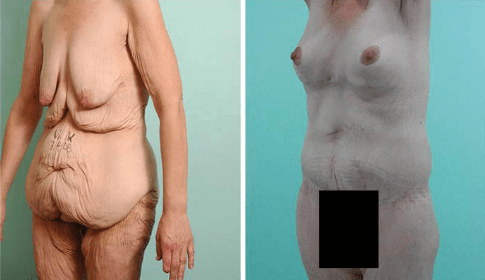Whether you are checking if bariatric surgery is the right call for you or you have already decided to undergo bariatric surgery, you are taking a great step towards a healthier and more fulfilling life. Weight loss procedure comes with many lifestyle changes that will keep you busy for weeks to come. Before thinking about post-op care, you may be wondering how do I prepare myself for surgery? Well, we are here to help.
Bariatric surgery pre-op preparation checklist
Essentials and comfort items.
A common question among bariatric patients is what to bring to the hospital for bariatric surgery. Sure, you want to be comfy, but you aren’t going to be in our Recovery Boutique forever. So, what to pack for the hospital for a bariatric surgery? Besides the basic items you need for any procedure, such as your medical documents, a pillow, comfy clothes, and your phone; and a mouthwash or breath spray, after all, you have just transformed your digestive system, so you’ll probably have bad breath and will be looking for a quick fix.
Diet changes
Preparing for a bariatric surgery diet may not be easy, you will be asked to cut off calories and increase protein in your diet. But don’t worry, we are here to help in every step of the way. VIDA nutrition specialists will provide you with a personalized eating plan that will cover a preoperative bariatric surgery diet and a postoperative eating plan. However, you may want to prepare your kitchen for your return with nutritious and feel-good food. So, what to buy before bariatric surgery? In terms of pantry-items, go for natural and sugar-free items that will give you the nutrients your body needs for an optimal recovery.
Bye, bye, smoking; hello, exercise!
It is important you are aware that one of the basics of bariatric surgery pre-op preparation is a shift towards a more active lifestyle. Smoking not only slows the body’s natural healing process, it can lead to post-operative complications. So, if you smoke, your doctor will ask you to quit several weeks before the procedure. If you need support to help quitting, our expert staff can help you with life coaching sessions to make the process smoother. Additionally, you may be asked to lose some weight before your surgery. Your doctor will advise you on an exercise regime that fits your needs. Remember, go gentle and listen to your body.
In this video, you can see a few tips about hot to prepare for weight loss surgery:
A Zen state of mind
Bariatric surgeries, whether it is a gastric sleeve or a gastric bypass, will change your life completely! All the physical changes you will experience will go hand in hand with mental discipline and self-control. This is why it is super important to know how to mentally prepare for bariatric surgery. Take time to reflect about your goals and expectations after the procedure. How realistic are they? How much time is going to take you to achieve them? Who is going to be next to you during the process? Bariatric surgery is an internal tool to improve your life and health, but the real game changer is you and you alone! Talk with an expert and get inspiration from other patients that went through the same process; you will surely be more motivated!
Last minute-arrangements
You already know what to buy before bariatric surgery, know what to bring to the hospital for bariatric surgery, knowhow to mentally prepare for bariatric surgery, you have established clear and feasible goals, and are working in a more active lifestyle; the only question that remains is: what should I do the day before surgery? Have a relaxing night, don’t drink alcohol or smoke, take a nice long shower and arrange with someone to drive you to VIDA Bariatrics.
To schedule an appointment and learn more about our bariatric services — from weight loss surgery to psychological support — contact VIDA Bariatrics by calling 1-619-738-2144 (toll-free).














